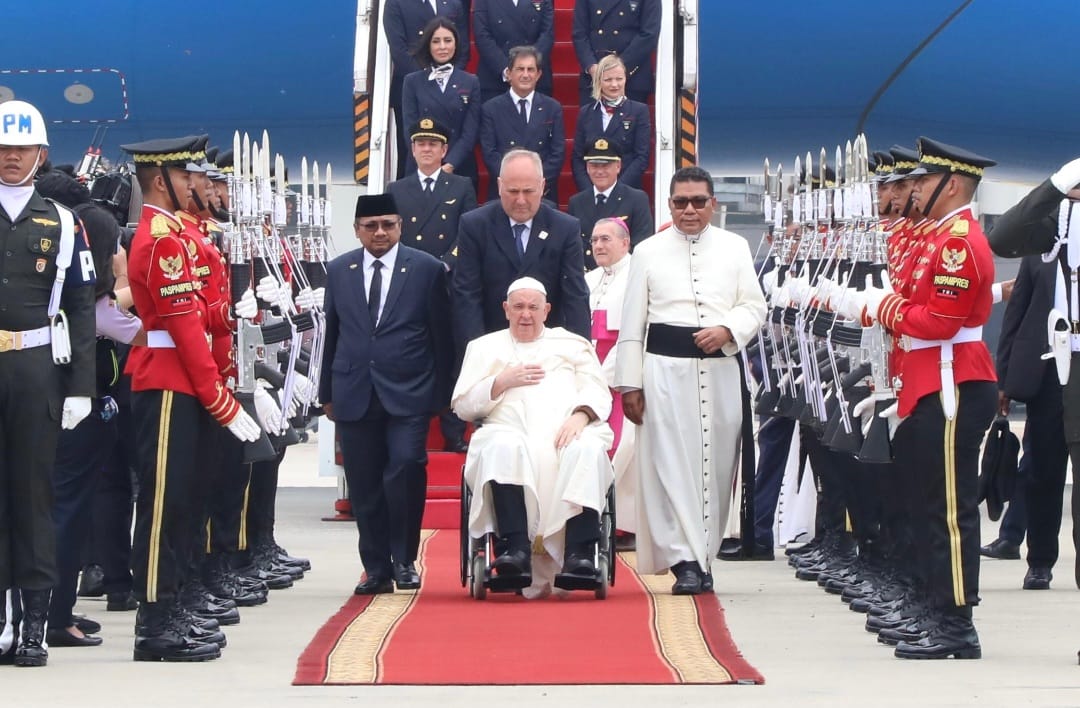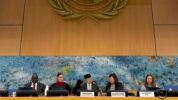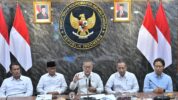Pope Francis’ Visit: A Crucial Moment for Addressing Indonesia’s Human Rights Challenges
Since January 2021, Amnesty has documented at least 123 cases of intolerance, including the rejection, closure, or destruction of places of worship and physical attacks. Perpetrators are believed to come from various backgrounds, including government officials, citizens, and community organizations.
On June 30, 2024, a village head and a group of people stopped a Sunday service at a Pentecostal church in Sidoarjo, East Java, citing the lack of a building permit. The local pastor stated that the church had been registered as a place of worship since December 7, 2023, and obtaining a permit is a lengthy process. Nevertheless, the village head insisted on the permit requirement.
For building places of worship, the 2006 Joint Ministerial Decree requires approval from at least 60 local residents, endorsed by the village head, and written recommendations from the Ministry of Religion and the Interfaith Harmony Forum. This process can lead to conflicts in areas where minority groups face local opposition.
On May 5, 2024, a group led by a local neighborhood chief attacked Catholic students holding a Rosary Prayer event in a private home in South Tangerang, forcing participants to relocate to a church.
On July 2, 2024, the Garut Regency government in West Java sealed an Ahmadiyya place of worship. Indonesia continues to record cases of restrictions on religious rights and freedoms.
Amnesty International hopes Pope Francis’ visit will highlight these issues and ensure the protection of religious freedom in Indonesia.
“Pope Francis’ visit is crucial in urging Indonesia to end intolerance and discrimination against all minority groups. Religious freedom is a constitutionally protected right in Indonesia,” said Usman Hamid.



























Tinggalkan Balasan